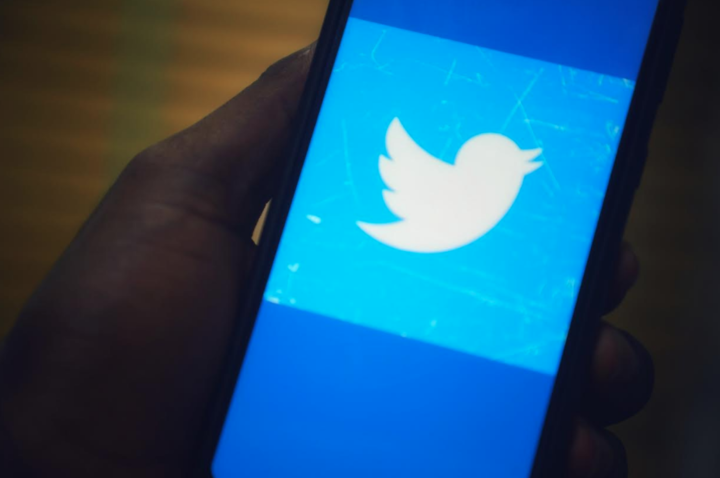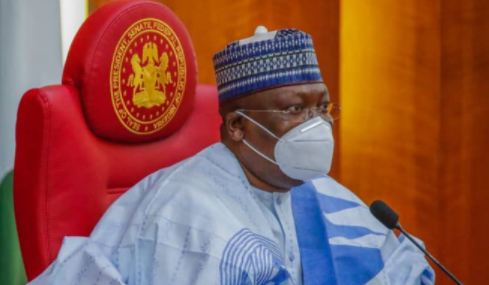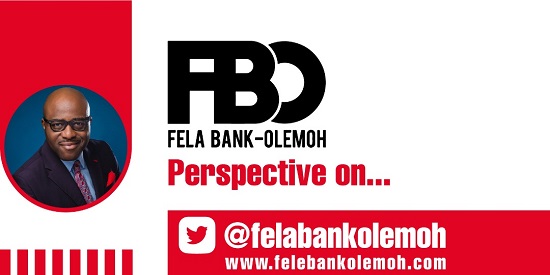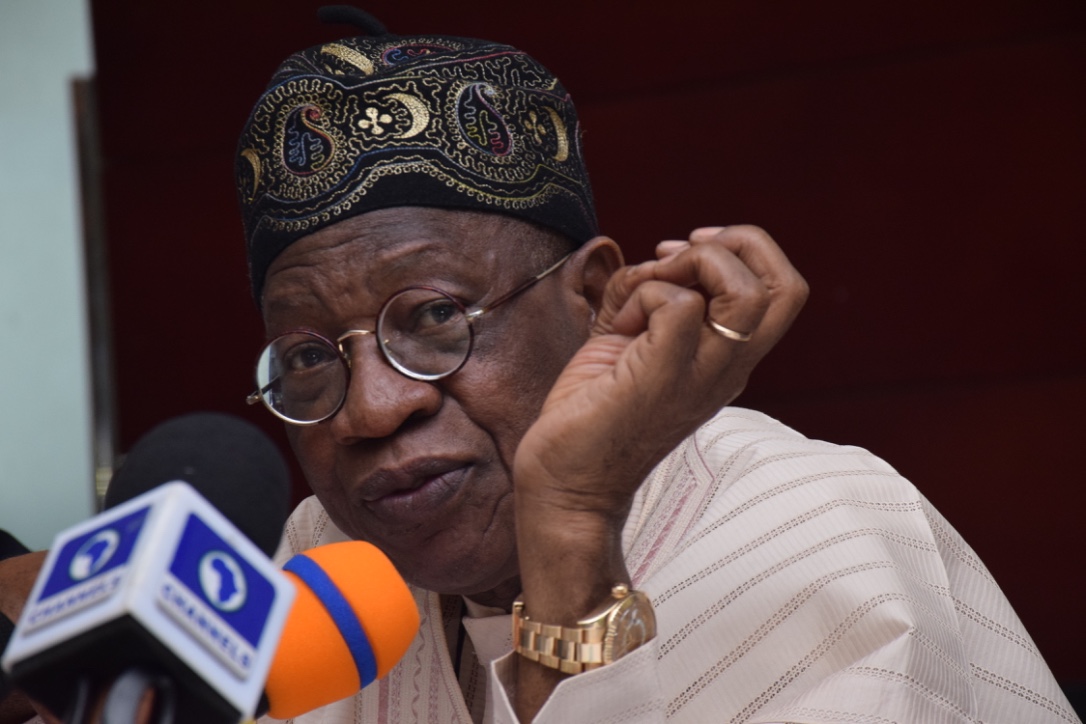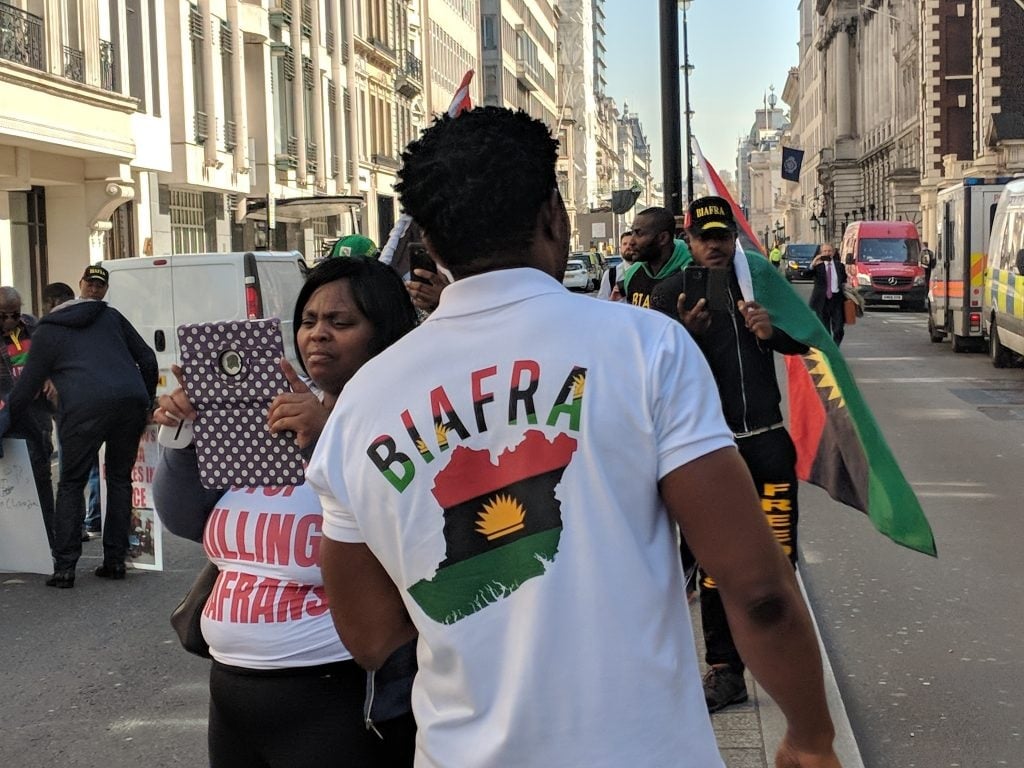The Nigerian government banned the powerful microblogging site, Twitter, a couple of weeks back. It sounded like the impossible had been done, but the state retains the power to determine what to allow and what not to. Every rule under globalization and international trade also has provisions and exceptions for national security. So, all the Nigerian government had to do was dive under the national security excuse, enough knocks and blows have followed the decision, with a few taps on the back, notably from Donald Trump, a former US president, who was totally humiliated by the tech platform. Trump had already lost the elections but was fighting tooth and nail to save his seat. At some point, Twitter deleted his tweets and eventually yanked him off the platform quite unceremoniously.
Facebook did the same, even if in a less sensational manner. Trump supporters believe that these new tech platforms are biased towards the liberal left anyway, and that they may have become political in support of Democrats. Nigerian government has also laid heavy allegations against Jack Dorsey, for his not too covert role in the protests that rocked Nigeria to her foundations in October 2020. The Minister for Information, Lai Mohammed, claims that Dorsey has questions to answer for his open support for, and financial sponsorship of the EndSARS protests in which “37 policemen, six soldiers, 57 civilians were killed, while property worth billions of naira were destroyed. Said Lai, “164 police vehicles and 134 police stations were razed to the ground, 265 private corporate organisation were looted while 243 public property were looted”.
Well, every action, and inaction does have consequences. The war between Twitter and Nigeria may be long and drawn out in spite of the opprobrium that the Nigerian government has attracted, including words of rebuke from the embassies of the top countries in the world. But it is hard to wash Jack clean of these allegations. My thinking is, you can provide a platform, and enforce your rules strictly without anyone having to know your name or see your face. However, when you start to tweet in favour of one party or the other, and when you direct such actions against one of your customers, then you have openly taken sides and are no longer a fair adjudicator in the matter. Jack Dorsey is a politician, much more than a Mark Zuckerberg, even though Mark controls 2.5 billion people compared to Jack’s 300 million. If Facebook was a country, it will have the population of China and India combined. That is phenomenal. Twitter, however, has the advantage of being able to pass instant information. The psychologist behind the business model of Twitter must have in mind, the need to feed on people’s restlessness for information (most of which they do absolutely nothing with), as well as their Attention Deficit and Hyperactivity Disorder (ADHD), hence the limiting of texts in twitter to just 280 characters per tweet. It used to be 160 or thereabouts. Facebook’s psychologist must have had in mind, the secret desire that people nurse, to show off their real or imagined achievements – and their computer-enhanced looks of course.
It is not only in Nigeria that Twitter has encountered issues. In India too. And in increasing number of locations around the world. In 2011 as the UK contorted under widespread riots, PM David Cameron threatened to shut down Twitter. Germany, France and other western European countries criticized what they call ‘digital oligarchy’ after Facebook and Twitter shut down Trump. China never allowed Twitter in, rather getting some of her smart young people to build their own. Twitter was very effective during the Arab Spring and indeed undid Hosni Mubarak. At the heart of that protest was a certain young man named Wael Ghonim, who was then an executive with Google Egypt. These tech companies with reach into the bedrooms – and the minds – of billions of people around the world, have become so powerful. Indeed they can make or mar societies. They can bring down or install governments. They can set a country on fire, or attract visitors, tourists and investors. Therefore, the CEOs of these organisations have emerged as the real world leaders. Except we negotiate with them urgently, and figure how we stand with them, we are facing a different kind of tyranny, even as we try to run away from the civilian dictatorships that have riled us for so long.
Advertisement
I have repeated ad nauseum, the speech by PM Boris Johnson, which he gave at the United Nations in September 2019. It was a most-frightening speech, to those who can digest what exactly he meant. I shared this speech especially around the time that Covid-19 held the world by the jugular. There were references to vaccines by Johnson even as at then, but what frightened me the most were his references to some system that ‘they’ the powerful countries were putting together which will hand over a lot of power to technology and tech firms. He asked them – even if rhetorically – that we speak up now and ensure that some of our values in today’s ‘normal’ world (which is no longer so normal since covid-19 made its debut), could make it into the new world that ‘they’ were creating. He said that machines will not know any ‘extenuating’ circumstances as they will determine who gets what going forward. Hear him:
No one can ignore a gathering force that is reshaping the future of every member of this assembly; there has been nothing like it in history. When I think of the great scientific revolutions of the past; print, the steam engine, aviation, the atomic age, I think of new tools that we acquired and over which we the human race have the advantage; which we can control. And that is not necessarily the case in the digital age. You may keep your secrets from your friends, from your parents, your children, your doctor, even your personal trainer. But it takes real efforts to conceal your thoughts from Google… And if that is true today, in future there may be nowhere to hide. Smart cities will polulate with sensors, all joined together by the Internet of Things; pollards communing invisibly with lamp posts, so that there is always a parking space for your electric car, so that no bin goes unemptied and no street unswept, and the urban environment is as antiseptic as a Zurich pharmacy… But this technology could also be used to keep every citizen under round-the-clock surveillance. A future Alexa will pretend to take orders, but this Alexa will be watching you clacking her tongue and stamping her toes. In future, voice connectivity will be in every room. Your mattress will monitor your nightmares, your fridge will beat for more cheese, your front door will sweep wide open the moment you approach, like some silent, invincible butler. Your smart meter will go hustling on its own accord for cheaper electricity and every one of them minutely transcribing your habits in tiny electronic shorthand stored not in their chips or in their innards; no where you can find it, but in some great cloud of data that lowers ever more oppressively over the human race; a giant dark thundercloud waiting to burst and we have no control over how or when the precipitation will take place… Data is the crude oil of the modern economy and we are now in an environment where we don’t know who should own these new oil fields. We don’t know who should have the right or the title to these gushers of cash and we don’t know who decides how to use that data. Can these algorithms be trusted with our lives and hopes shared. The machines and only the machines decide whether or not we are eligible for a mortgage or insurance or surgery or medicines we should receive? Are we doomed to a cold and heartless future in which computer says yes or computer says no with the grim finality of an Emperor empower in the arena… How do you plead with an algorithm? How do you get it to see extenuating circumstances and how do we know that the machines have not been insidiously programmed to fool us or even to cheat us? We are already using all kinds of messaging services, that offer instant communication at minimal costs, but these same programs, platforms could also be designed for real-time censorship of every conversation with offending words automatically deleted. Indeed, in some countries, this happens today. Digital authoritarianism is not, alas the stuff of dystopian fantasy but of an emerging reality. I believe government are being simply caught unawares by the unintended consequences of the internet; a scientific breakthrough, for more reaching in its everyday psychological impact than any other invention since Guttenberg! …At stake is whether we bequeath Orwellian world designed for censorship and repression and control or a world of emancipation, debate and learning where technology threatens famine and disease but not our freedoms… So the mission of the United Kingdom and all who share our values must be to ensure that emerging technologies are designed from the outset for freedom, openness and pluralism, with the right safeguards in place to protect our people… Month by month, vital decisions are being taken in academic committees company board rooms and industry standards groups. They are writing the rule books of the future, making ethical judgements, choosing what will or what will not be rendered possible. Together we need to ensure the new advances reflect our values, by design…. We need to find the right balance between freedom and control, between innovation and regulation, between private enterprise and government oversight. We must insist that the ethical judgement inherent in the design of new technologies are transparent to all, and we must make our voices heard more loudly in the standard bodies that write the rules. Above all we need to agree a common set of global principles to shape the norms and standards that will guide the government of emerging technologies.
I re-read the above statement which I came short of repeating in full, with mouth agape. Johnson said it all. Tech companies got so powerful, they have started to shut out ideas that do not agree with them. The lines are blurred. As has been levied against Twitter, the same platform that took down Trump and censored Buhari, still harbored some crazy extremists and their content. Their algorithm somehow did not pick those ones up. How and why does a Dorsey have to personally intervene on such issues? Why does his sentiment have to matter? And if his machines are to do the job, how do we also get heard? Our opinions should really matter, as his customers, on the back of whom he makes his billions. I believe that the Facebook algorithm is far more advanced as I have been sent to jail on that platform on a number of occasions, sometimes for very flimsy reasons, or sometimes their algorithm picks something it deems offensive since 3 years ago. I have had to reject their decisions on a number of occasions, but the fact remains that they act first and hear complaints later. This cannot be fair. My idea of these tech platforms is that they should leave room for inputs from their customers, who actually pay them for service. As we fight the tyrants we know, using their platforms, are we creating a fiercer, hungrier tiger inside whose innards we may end up? I notice that every depiction of the future in Hollywood is about dystopia; no prediction of the future has ever painted a picture of more glory and functionality. It is all doom and gloom. Are we hastening that dystopia? Unwittingly? Should we spare some time, some mind share and keep an eye on this other monster; technological, digital, tyranny? Imagine how we will feel if governments jailed people without trial?
Advertisement
I am actually not a Twitter person. But I feel for those addicted to that platform for their news. I think I already spend too much time on social media even though I may not be one of the heavier users. Nigerians spend an average of four and a half hours on social media daily, second in the world behind Philippines. Both countries have issues but Philippines exports their youth en masse to places like the UAE, to earn money as service people; something they are damn good at. This means that our government is not engaging the youth enough. There are opportunities for jobs here that the government is refusing to create. I am not big on Twitter perhaps because I really don’t want, or need, to be the first person that gets a breaking news. Who needs that? It is great to build a big followership and get noticed each time you post a tweet but I have realized that large followership also opens one to trolls. I see what our youths do on Twitter – which allows for a lot more anonymity that other platforms – and I weep. Many of our young people have honed their talents at abusing and cursing people on there. They call it dragging. Our young people take delight in damaging the reputation of anyone that catches their fancy, and when the horde comes, there’s nothing anyone can do. Slander is no longer a thing. They drag people’s families – wife, children, parents – into these bile-filled beastliness that can only make all of them involved worse, and turn them into very bitter individuals. They call it ‘savage’ tweets. I don’t like Twitter for that. I really do not understand what Dorsey and friends actually had in mind to build. What is more? The rules are so amorphous. No one is sure of what to do to get verified. It’s almost like joining a cult. They do it whenever it catches their fancy and for whoever they want to confer their favour upon. In this age and time? Where is the science in all these?
That’s that for Twitter. I hope they resolve their issues with Nigerian government and get better with their rules going forward. I also hope all these social media madness does make our youths into better persons and better leaders as their time has now come to run the country. But there is one last complaint I have. It doesn’t have to do with Twitter but underlines the need for us to think hard about this new phenomenon of social media dictatorship. Perhaps it is an unintended consequence. I recall being blocked out of Facebook for sharing content on some past ills done to African countries by some powerful western country. They will have none of it. Of late, a lady complained that Tiktok deleted her post about slavery in Africa. So, we may be submitting to tech tyranny that has been preprogrammed to only show the picture of a rosy world from the perspective of the Caucasian males who created them. There goes our history forever. Boris warned, even though he is one of the chief conspirators. Say, was he warning, or mocking?
Views expressed by contributors are strictly personal and not of TheCable.
Add a comment

